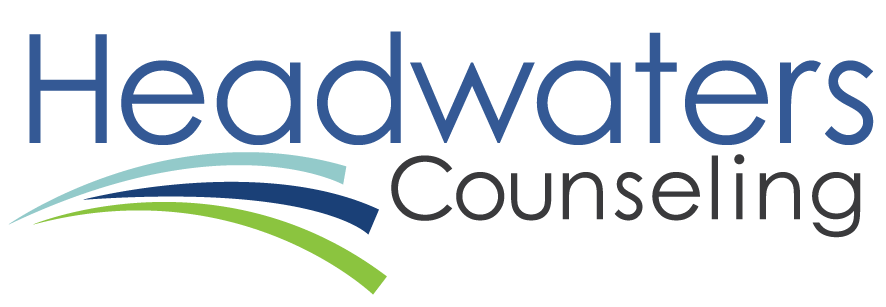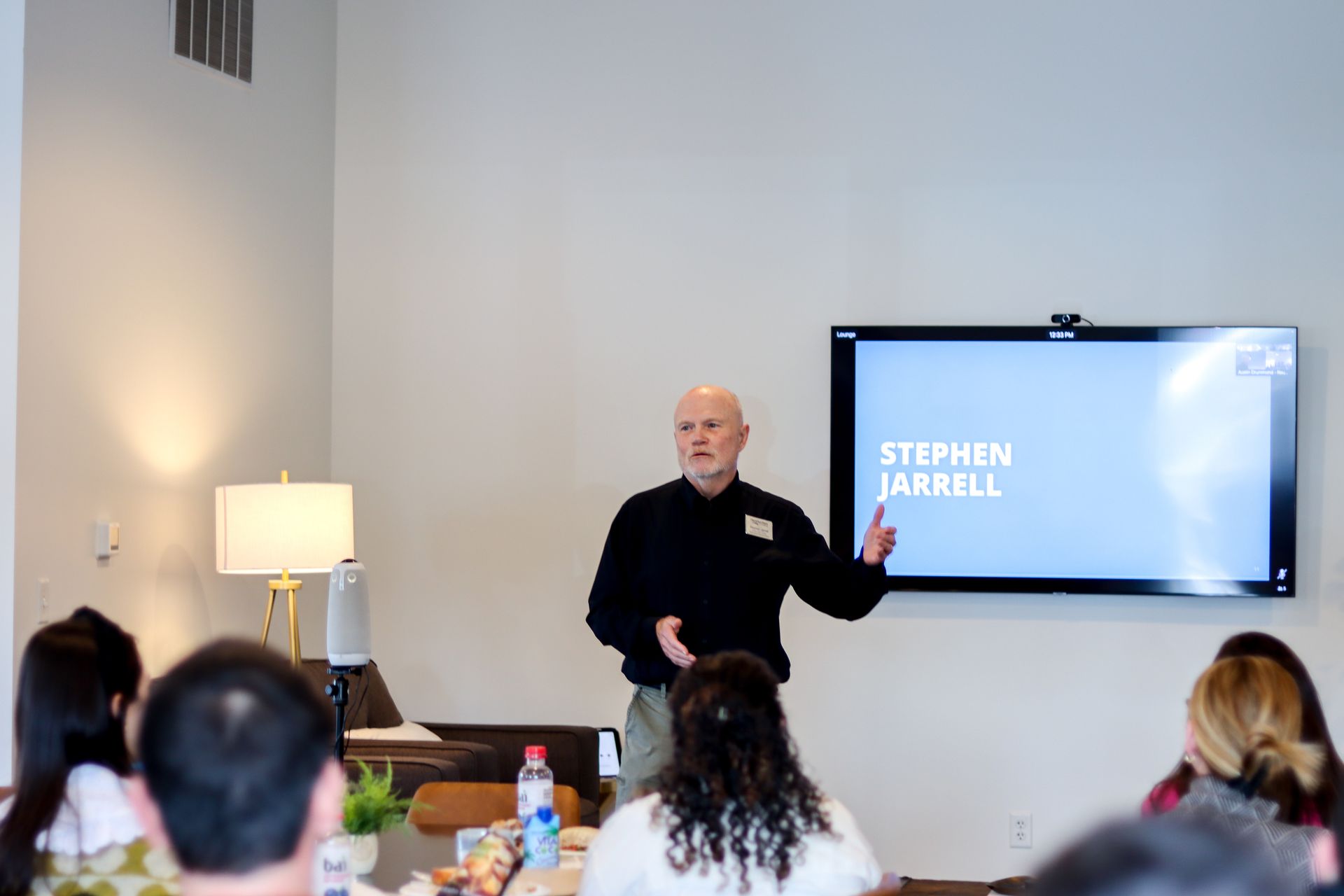In the realm of mental health, discussions surrounding suicide are some of the most challenging but important conversations we can have. There are more than 700,000 deaths by suicide every year, making it the fourth leading cause of death among 15-29 year olds.
September is Suicide Prevention Month, a time dedicated to raising awareness, providing support, and fostering an understanding of this critical issue. At Headwaters Counseling, we believe that knowledge is the first step towards making a difference in the fight against suicide.
In this blog post, we’ll delve into the complex topic of suicide, its causes, warning signs, and how you can play an important role in prevention.
Understanding Suicide
Suicide is a complex outcome of many different factors. These can be rooted in mental health struggles or life circumstances. Understanding suicide requires an all-encompassing view.
- Mental health: Many individuals who contemplate suicide suffer from mental health conditions such as depression or anxiety. The feelings related to mental health struggles can be overwhelming. An individual may experience feelings of hopelessness, isolation, and despair.
- Life stressors: External pressures such as financial difficulties, relationship problems, or academic stress can lead to suicidal ideation.
- Social isolation: Loneliness and a lack of support can contribute significantly to the risk of suicide. Feeling disconnected from others can make it difficult to reach out for help.
- Substance abuse: Substance abuse and mental health disorders can co-occur, which may increase the likelihood of suicide.
Recognizing Warning Signs
Identifying warning signs of suicide is crucial for early intervention. Some common indicators include:
- Giving away possessions: distributing belongings or making preparations as if planning for the future
- Drastic mood changes: very frequent and extreme mood swings
- Withdrawal: a sudden withdrawal from friends, family, and social events
- Expressions of hopelessness: expressing feelings of despair, worthlessness, or hopelessness
- Increased substance use: increased use of drugs or alcohol
- Self-harming behaviors: engaging in self harm such as cutting or burning
- Talking about suicide: verbalizing direct or indirect statements about suicide or self harm
What You Can Do to Help
Suicide prevention is a collective responsibility. Here are a few ways that you can make a difference:
- Educate yourself: educate yourself about suicide, its risk factors, and warning signs.
- Normalize conversations: encourage open and non-judgemental conversations about mental health. Letting others know that it’s okay to seek help or support can greatly encourage an individual to open up.
- Listen: actively listen if someone confides in you without judgment. This is a time to offer support and empathy.
- Reach out to a professional: if you suspect someone is at risk, do not hesitate to refer them to a mental health professional or crisis hotline.
- Advocate for mental health services: promote mental health services within your community.
- Take care of yourself: by maintaining your own well-being and mental health, you can better support others.
Suicide is a complicated issue that affects so many individuals and families around the world. During Suicide Prevention Month and every month following, remember to reach out to friends, family, and loved ones.
Always remember that small acts of kindness and understanding can make a huge impact. At Headwaters Counseling, we stand with you in the fight against suicide. Together, we can foster a world that prioritizes mental health, where lives are saved.
For more information about the services that Headwaters Counseling offers, please
contact us today.
Suicide Prevention Resources
988 Suicide & Crisis Lifeline
National Suicide Prevention Lifeline: 800-273-8255 (TALK)
National Suicide Prevention Lifeline Online Chate Services: Text 988
Crisis Text Line: Text HOME to 741741, for free 24/7 crisis counseling

Headwaters Counseling is hands down the best place I have ever experienced...
I have been to many many counseling offices in my lifetime. Headwaters counseling is hands down the best place I have ever experienced. Even at a time I had no health insurance, they work with your budget. It made it very affordable for me to seek my inner self in a safe and encouraging, positive space.
They care about your overall health and wellbeing. All walks of life enter through those doors. And all walks of life are welcomed. It is a very welcoming, judgement free zone.
From the front desk staff to the therapists. I call Headwaters “home”. I have felt safe and supported there. The encouragement given/offered is overwhelming. I have made huge shift in my own life from the support and encouragement and therapeutic services offered there.
My voice was heard, my voice was given a safe place to speak. I felt “seen” in a way that other places did not see me. Other places told me I was “crazy”. I was treated as a fellow human being.
If you are ready for change, or to look inward, they are there. Even if you aren’t.. they are there. I recommend Headwaters 100%.









